COP25 started with an unprecedented situation and ended the same way. A triple jump like that of Brazil -Chile-Spain we had never seen. The Carioca country refused to host by claiming “fiscal and budgetary restrictions.” The second jump touched in the southern nation, which worked almost a year but could not crown due to the social outbreak in its streets. The third fell in Madrid, which also made a bold high jump stuck from the railing, preventing the ball from leaving the park. With the ball in his glove, 32 days were enough to organize the COP, something that normally takes a year or more.
The role of IFEMA
This speed and accuracy would have been impossible without IFEMA. The Madrid Fair Institute is a company with ample spaces and very high organizational capacity, accustomed to large events, not only in Spain but internationally. But none of this had prepared with the constraint that COP25 required. The credits of the feat must also be endorsed by Carolina Schmidt, Minister of Environment of Chile and President of COP25, Teresa Ribera, Minister for the Ecological Transition of Spain and Patricia Espinosa, Executive Secretary of the United Nations Framework Convention on Climate Change. Not forgetting the army of hardworking and invisible people that made the opening possible on time.
Who participated in COP25 and who were the great absent?
The summit was attended by 25,000 people and 196 countries participated. The biggest absentees were Xi Jinping, from China, Angela Merkel from Germany, Vladimir Putin from Russia, Donald Trump from the United States, Emmanuel Macron from France, Jair Bolsonaro from Brazil and Sebastián Piñera from Chile. Nancy Pelosi was present with a delegation of United States deputies and senators. The president of the House of Representatives of her country said: “When we come to the COP, we want to say that we are still here.”
The Blue Zone and the Green Zone
The conference occupied 50,000 m2, half of the IFEMA land. The distribution of the spaces can be seen in this infographic, as well as the daily agenda. A separate deserve the Blue Zone and the Green Zone. In the first one, conferences and negotiations were held between the member countries and in the other one so that accredited persons could express themselves in an “interactive, participatory and inclusive” manner on the topics addressed in the Blue Zone, in order to connect both spaces
The highlights of the meeting
Overheating, acidification and deoxygenation of the oceans
Alex Rogers, a professor at the University of Oxford, in his speech at COP25, said: “Climate collapse is affecting the entire ocean through overheating, acidification and deoxygenation. The changes are unpredictable and there are continuous surprises for scientists, including the recent increase in marine heat waves. Unless CO2 emissions are limited to prevent heating of more than 1.5 ° C; we will see increasingly extreme and less predictable consequences for the ocean as the tipping points pass.”
Science and the IPCC and its preponderant role
In Madrid it was established that climate policies must be invariably updated based on the advances of Science. In this regard, the role of the United Nations Intergovernmental Panel on Climate Change (IPCC) was also recognized.
The gender plan
At COP25, negotiators have agreed on a new Gender Action Plan that will allow developing measures to respond to the unequal effect of climate change on women and girls, and to promote their role as agents of change in this process towards an emission-free world. The Plan will be in effect until 2025, when it will have to be reviewed. This is intended to achieve greater participation of women in international negotiation, as well as an active role in decision-making at the national level.
Greta Thunberg and youth mobilization
The expectation regarding Greta Thunberg, the 16-year-old adolescent activist, who has captured worldwide attention with her struggle for the planet, was such that on Friday 6 more than four hundred journalists were accredited to see and hear her. “The climate crisis is still ignored by policy makers and we cannot continue like this,” said the young woman at a press conference that she has offered with three other activists. “We have been on strike for more than a year and still not really nothing has happened, basically”.
That same day tens of thousands of people marched through Madrid to demand that COP25 leaders take urgent action in the face of the climate crisis. According to the organizers, a human tide of about 500,000 people participated along with Greta in the march.
The three most controversial issues at COP25
- The ambition chapter
The President of COP25, Minister Carolina Schmidt has reported that 73 Parties to the UNFCCC, 14 regions, 398 cities, 786 companies and 16 investors are working to reduce their emissions to zero by 2050. “That clearly demonstrates that both State agents such as non-state actors recognize the urgent need to take ambitious measures to deal with the emergency of climate change”, said Schmidt. For more details you can see the “External press release / Dec 11, 2019”.
This, without a doubt, is very positive. The problem is that the ambition of these countries and entities is not accompanied by the ambition of the main emitting countries (Russia, China, the United States, India and Saudi Arabia and others of the Persian Gulf), which refuse to reduce their production of fossil fuels and are determined to continue emitting greenhouse gases.
- Carbon markets
One of the most controversial issues at COP25 was carbon markets. These were created some time ago in order to limit and control the amount of CO2 and other GHGs that are emitted annually into the atmosphere. It is a kind of clearing house for the purchase and sale of emission quotas, which allows those who have been below their quota to be sold to another that has been exceeded. The objective was to create a regulatory framework for a global carbon trading system, a complex issue included in Article 6 of the Paris Agreement. It was finally deferred for later.
- Land use and oceans
The text recognizes the importance of oceans and soils in the climate system. In response to the IPCC special reports published during 2019, the Climate Convention in Bonn will hold a dialogue on oceans and another on land use at a June 2020 session.
Summit Closure
COP25 concluded on December 15. That is, with an extension of almost two days, becoming the most extensive of all COPs so far. An unprecedented event, as was its beginning. The delay was mainly due to the resistance of the same old countries, the large emitters of greenhouse gases that refuse to increase their climate ambition, as established by the Paris Agreement. The last-minute delay, which forced the extension until the early hours of Sunday, was due to Brazil’s resistance in accepting the document on the theme “Land use and oceans”. Finally, the representative of the Carioca country had to yield due to pressure from the other parties.
In this way, minimum agreements were reached under the title “Chile-Madrid Time to Act”, which sets the basis for negotiations for 2020. In the final press release you can read: “The agreement calls for an increase in the ambition of fighting commitments against climate change in 2020, following the calendar set in the Paris Agreement. The closing document of COP25 highlights the “urgent need” for these new country commitments to bridge the existing gap with respect to the Paris objectives. He claims that this increase in ambition be consistent with what Science says and people demand in the street. Recognize the climate action of non-governmental actors”. The other statements of the closure can be seen in: “Madrid Climate Summit ends“.
Criticisms of the results of the COP
WWF Spain has expressed that “Increasing the ambition in mitigation, adaptation and means of implementation is very good, but they have not made any mention of the plans that countries have to present for next year, which is the crucial thing that has to get out of here, “said the head of Climate Change of WWF Spain, Mar Asunción.
Greenpeace has said: “This disappointing result is a sign that the UNFCCC may not be the only place where politicians must be held accountable when facing the climate emergency and reduce emissions to scientifically safe levels”.
The newspaper El País titled on 12-16-2019: “The Climate Summit fails in its objective of regulating carbon markets”. The article states: “The weak result of COP25 widens the gap between governments and science on the climate crisis.”
SGK-PLANET conclusions
What happened in Madrid was completely predictable. We had already anticipated it on 19-11 in our article ” What is expected of COP25 and what are its objectives“. The reality was almost identical to what we had written. The same five or six countries as always, when the time comes to materialize the commitments and take out the wallet, they retract. This attitude does not differ at all from what they did last year at COP24, in Poland, or ten years ago in Copenhagen, where they ended the Kyoto Protocol, in a surprising and unusual turn on the last night. Nor what they intend to do with the Paris Agreement in Glasgow 2020, as seen.
So at least it is an advantage to know in advance what will happen in 11 months. These countries played a forward position and showed their cards for COP26. Knowing this, we can no longer go to the COP as we have done so far: they with their oil guns, their pipelines and fracking under their arm, and we go in white gloves.
No doubt we are in a confrontation. But it is not between fossil energies versus clean energies, as the denialists present it on social networks. It is something much more complex and crucial. In SGK-PLANET we see it as a confrontation between emitters of greenhouse gases and those who want to preserve life on Earth.
So, we have to accelerate the production of photovoltaic panels, wind turbines and electric cars by 2x, 5x or 10x. Convert our roofs into solar plants, open spaces in wind farms and fill the highways and cities of electric station to support electromobility. We have already gone a long way, reducing the coal and oil markets.
We must continue with this, because only then can we induce fossil fuel companies to move to the right side of the History. There is a lot of capital and technological capacity that they can contribute to build a better planet. They can focus on renewable energy production and innovation and participate in new energy markets. It also suits their investors. The energy transition is unstoppable. It is a matter of time so that the barrels of oil can only be seen behind the showcases of the museums. They know.
Sandor Alejandro Gerendas-Kiss

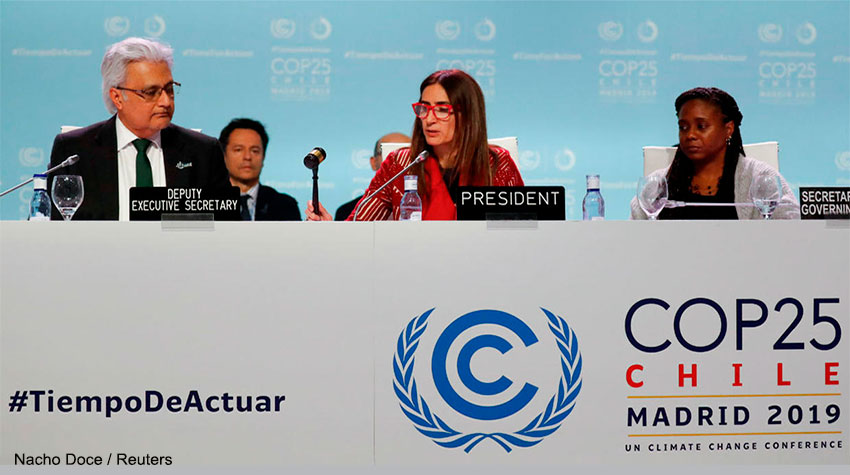
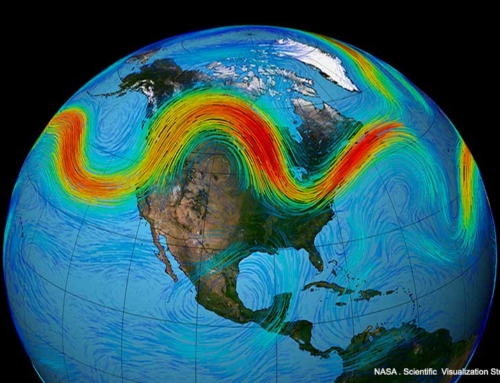
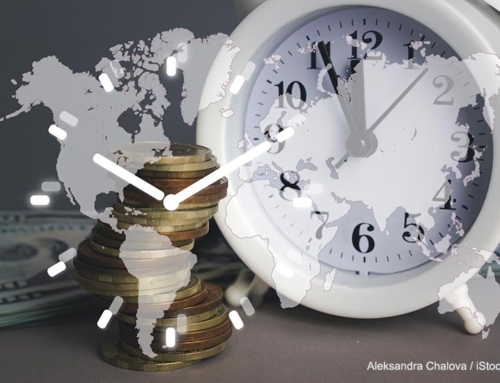
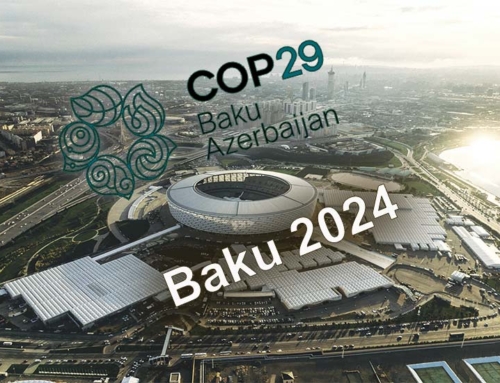
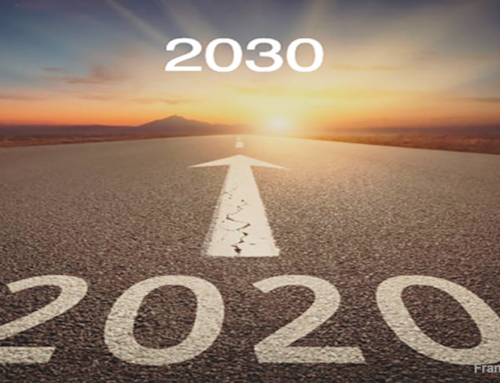
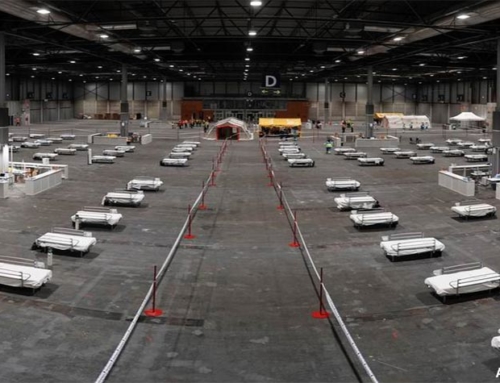
Leave A Comment